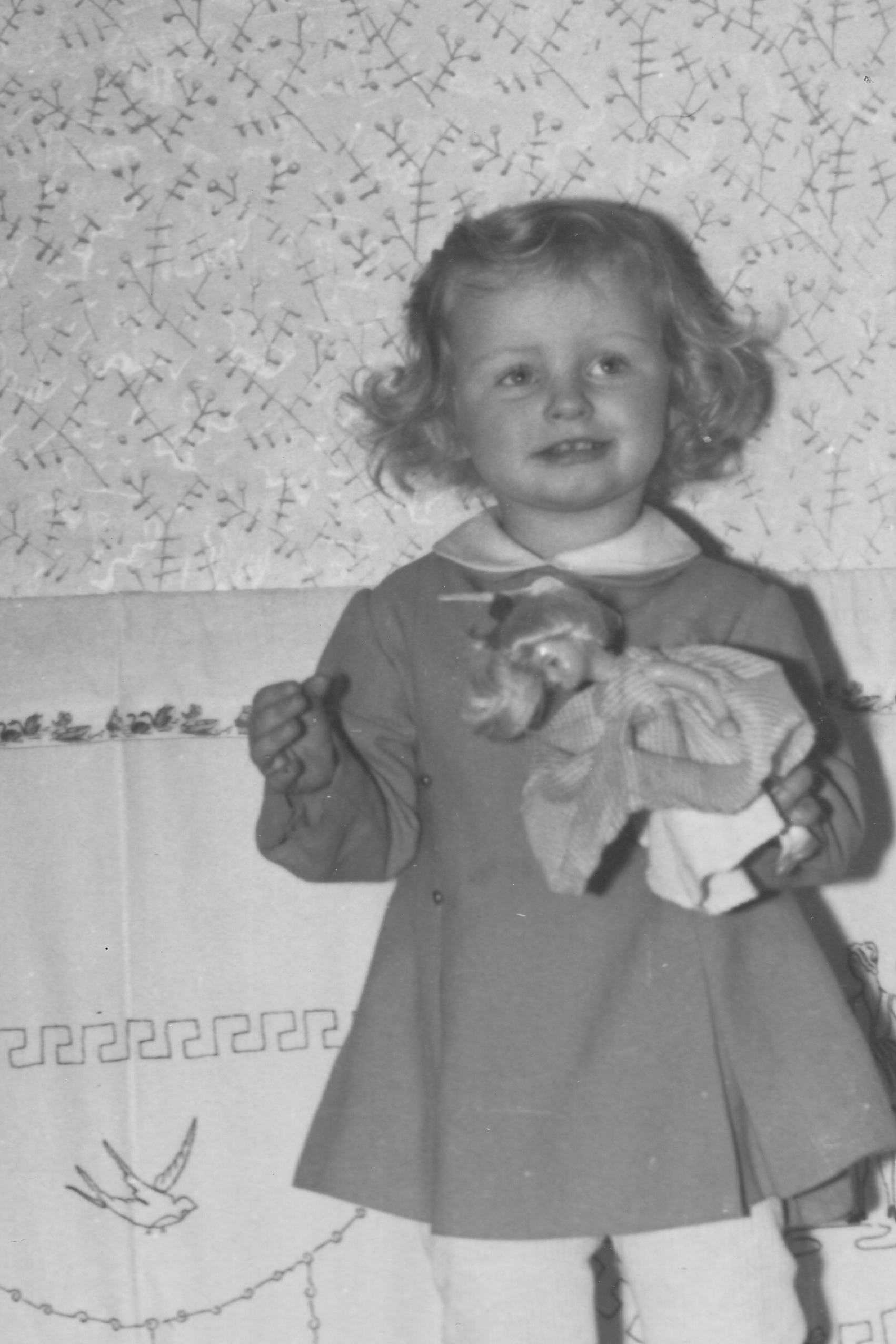The people of Most had a twisted soul

Stáhnout obrázek
Hana Krejčová, née Čapková, was born on 12 April 1964 in Albrechtice, Most region. She spent her childhood in a small village at the foot of the Krušné Mountains under the Jezeří Chateau. In 1983, Albrechtice disappeared due to coal mining. At that time she lived with her mother in Most, where she studied at the local grammar school. She continued her studies at the Faculty of Education of Jan Evangelista Purkyně University in Ústí nad Labem, where she studied Czech language and music education. She sang in the choir at the Opera and Ballet Theatre in Ústí nad Labem. Until the time of her studies at the university, she considered the government of the Communist Party to be beneficial. At university, however, she met classmates who aroused in her a change of opinion. After graduating from university, she married Miloš Krejča, then director of the North Bohemian Theatre in Ústí nad Labem. In the 1990s she starred in the musical Les Miserables in Prague. In 1996, she accepted an offer to become a castellan at Jezeří Castle near Most. Symbolically, she returned to the places of her childhood. She saved the chateau from destruction. She defended the ecological limits of coal mining, which, among other things, protected the castle and the village of Horní Jiřetín. She was therefore often at odds with the prospectors and miners. Hana Krejčová was a castellan at Jezeří in 2023, and during her tenure, the monument became the most visited in the Ústí nad Labem region.











